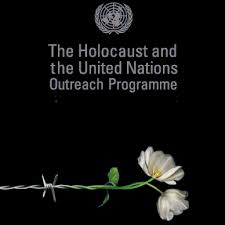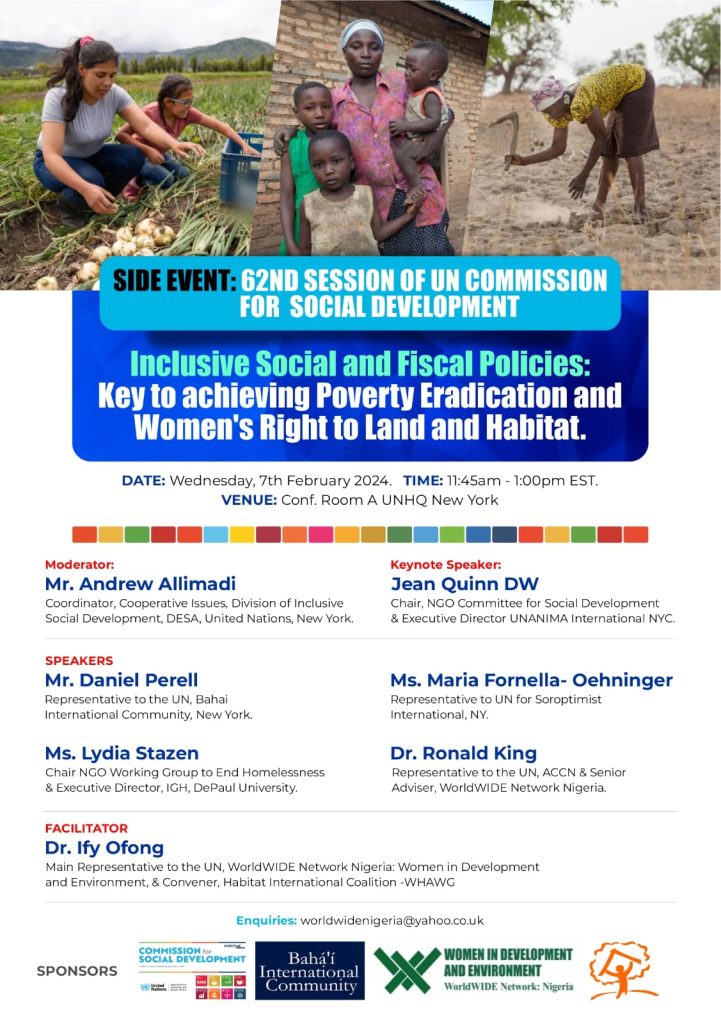The Holocaust and the United Nations Outreach Programme
Civil Society Briefing “Childhood after Atrocity Crimes: Hope for Peace, Dignity and Equality” 4/2/2021.
The briefing examined the approaches taken to support children who survived the Holocaust and considered how these approaches contributed to models adopted for contemporary practice for working with young people who have survived atrocity crimes.Organised by the Outreach division of the United Nations Department of Global Communications.
Moderator: Ms Hawa Diallo. Chief, Civil Society, Outreach Division, United Nations Department of Global Communications.
Panelists;
- Beth Cohen. Social Historian and Author
- Professor Theresa S. Betancourt. Boston College, School of Social Work
- Ms Divina Stella Maloum. Founder, Children for Peace
Poem by: Ms AminehAbouKerech, (winner of Betwanien Poetry Prize 2017).
The speakers took time to explain the nature and impact of war and crime on the child and traced similarities from the holocaust to the Sierra Leonean wars of the 1990s and the current Ah-Shabab/Boko Haram activities. Identified crimes include;
- The murder of survivors
- Conscription of children as child-soldiers
- Separation of children from parents or murder of their parents
- Witnessing of crimes etc.
Those that escaped and were foundwere relocated but faced new cultural challenges in their new environments including the fact that adequate skills and multi-cultural skills were not readily available
It was evident from the presentations that children in war situations face;
- Separation trauma
- Relationship problems
- Emotional and mental health challenges
- Depression, anxiety, trauma and PTSD etcetera.
Intervention Programs included;
- Emotional regulation therapy
- Cognitive therapy
- Adoption of children
- psychosocial support schemes etcetera



